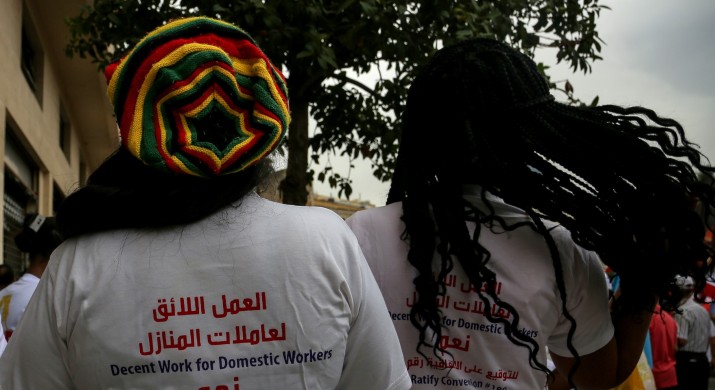Deadstick
Platinum Member
If it has it will be the last one those Zionist thugs start.ISRAEL
BREAKING NEWS: Israel Air Force Strikes Hezbollah Military Structure In Lebanon During Early Morning Raid, Has The War Officially Begun?
Published
29 mins ago on August 6, 2024
Israel Air Force fighter jets struck a Hezbollah military base where terrorists were located and operating on Tuesday in the area of the Yaroun village in Lebanon, the IDF said in the early hours of Wednesday.
Breaking news came across stating that the Israeli Air Force had just struck a Hezbollah military terror installation in Lebanon. This happened at 3:22 AM Israel Time, or 8:22PM EST. There has been no further news stories or updates in the past 50 minutes, but if there is we will tell you about it as it happens. You can see the video of the strike as it happened by clicking here.
“Pray for the peace of Jerusalem: they shall prosper that love thee.” Psalm 122:6 (KJB)
Furthermore, Hezbollah launched around 30 rockets into northern Israel on the same day, with portions toward the Golan and portions toward the Galilee.

Breaking News: Israel Air Force Strikes Hezbollah Military Structure in Lebanon During Early Morning Raid, Has the War Officially Begun? | Global Unrest | Before It's News
Israel Air Force fighter jets struck a Hezbollah military base where terrorists were located and operating on Tuesday in the area of the Yaroun village in Lebanon, the IDF said in the early hours of Wednesday. Breaking news came across the wire that the Israeli Air Force had just struck a...beforeitsnews.com








